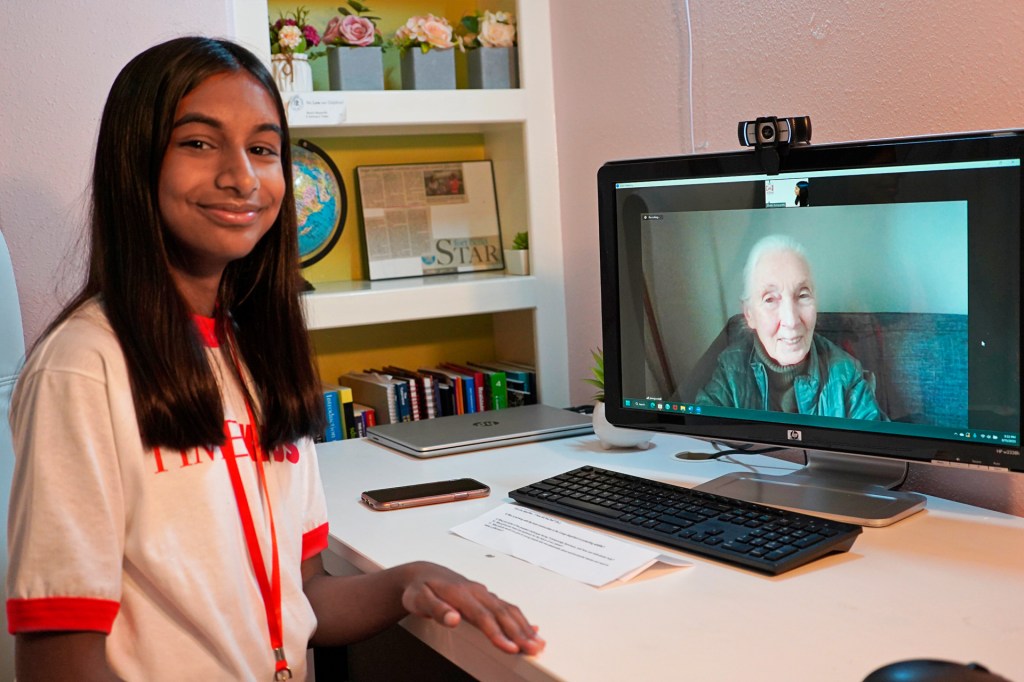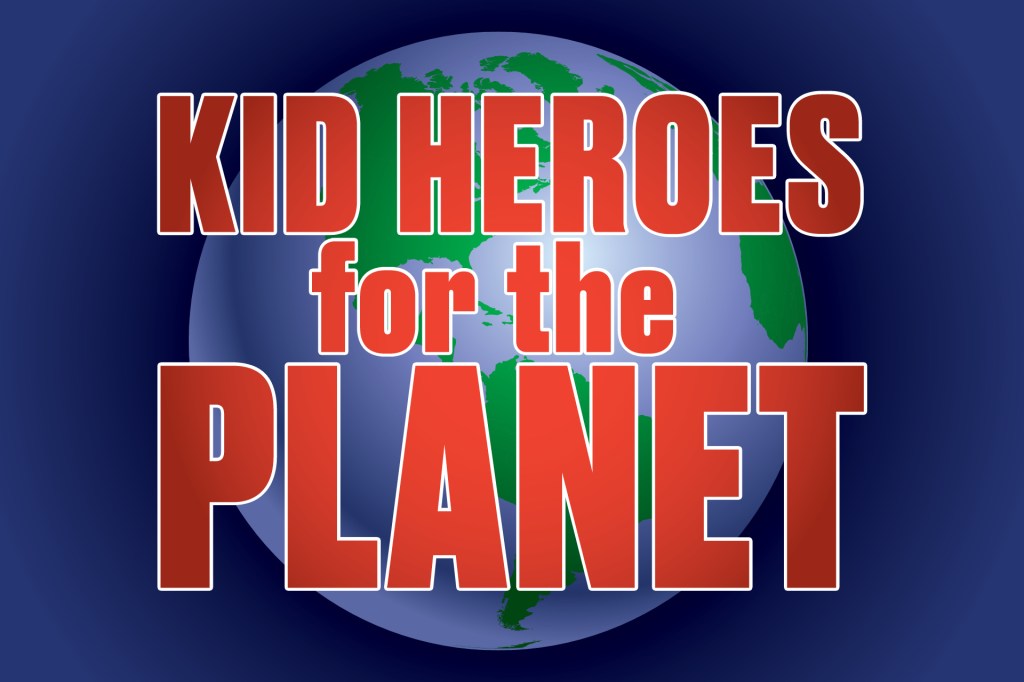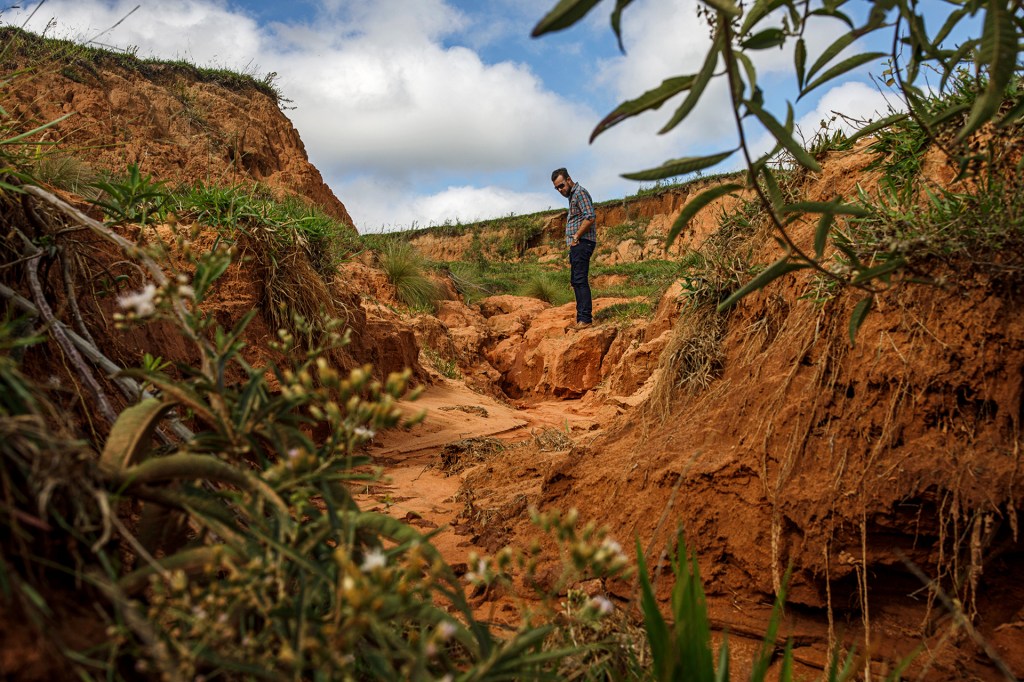8 Questions for Jane Goodall

Jane Goodall is the world’s leading expert on chimpanzees. She began studying them in what is now Gombe Stream National Park, in Tanzania, in the 1960s. She spoke with TFK Kid Reporter Shaivi Moparthi.
1. What inspired you to dedicate your life to chimpanzee research and conservation?
I decided when I was 10 years old that I’d go to Africa, live with wild animals, and write books about them. I didn’t think of chimpanzees. Nobody knew anything about them. It was Louis Leakey, the famous paleontologist, who gave me this amazing opportunity to go and live with and learn from not just any animal, but the one most like us.
2. What was the toughest obstacle you faced while working in the field?
With the chimps, the big problem was that they ran away as soon as they saw me. Finally, that was overcome.
3. Why did you create the Jane Goodall Institute? What are its goals?
The goals are to continue the study of the Gombe chimps and other chimps, to save their habitats, and to work with young people in our Roots & Shoots program.
4. What have been some of the Jane Goodall Institute’s biggest accomplishments?
One is starting our program of community-led conservation, which began around Gombe, in Tanzania, and is now in six other African countries, as well. It’s about lifting people out of poverty and saving the environment. The other accomplishment is spreading Roots & Shoots, which is now in more than 65 countries and growing, and has members as young as preschool.
5. In The Book of Hope, you stress the importance of hope in the face of the environmental crisis. How can we maintain that sense of hope?
The thing is that every single person can make an impact every single day, by choosing what we buy, what we eat, and what we wear. That may seem small, but around the world there are millions of other young people making those ethical ethical having to do with questions about right and wrong behavior (adjective) Lisa feels the choice between plastic bags and reusable bags is an ethical decision. choices in how they live each day. And that builds up to something huge.
6. What gives you hope for the future of our planet?
First of all, the young people in Roots & Shoots, and young people like you who are inspiring others around you. I think that’s my greatest reason for hope.
7. What advice would you give to young people who are passionate about environmental issues and want to make a difference in the world?
Well, my first advice is please join Roots & Shoots. I say that because many, many, many young people have written to me and said that it has changed their lives.
8. I’ve wanted to join. I’m going to check it out.
Good! You know, you can just form a group. And you choose three projects: One to help people, one to help animals, and one to help the environment. And our job is to help you understand the problems and empower you to take action to make the world a better place.












